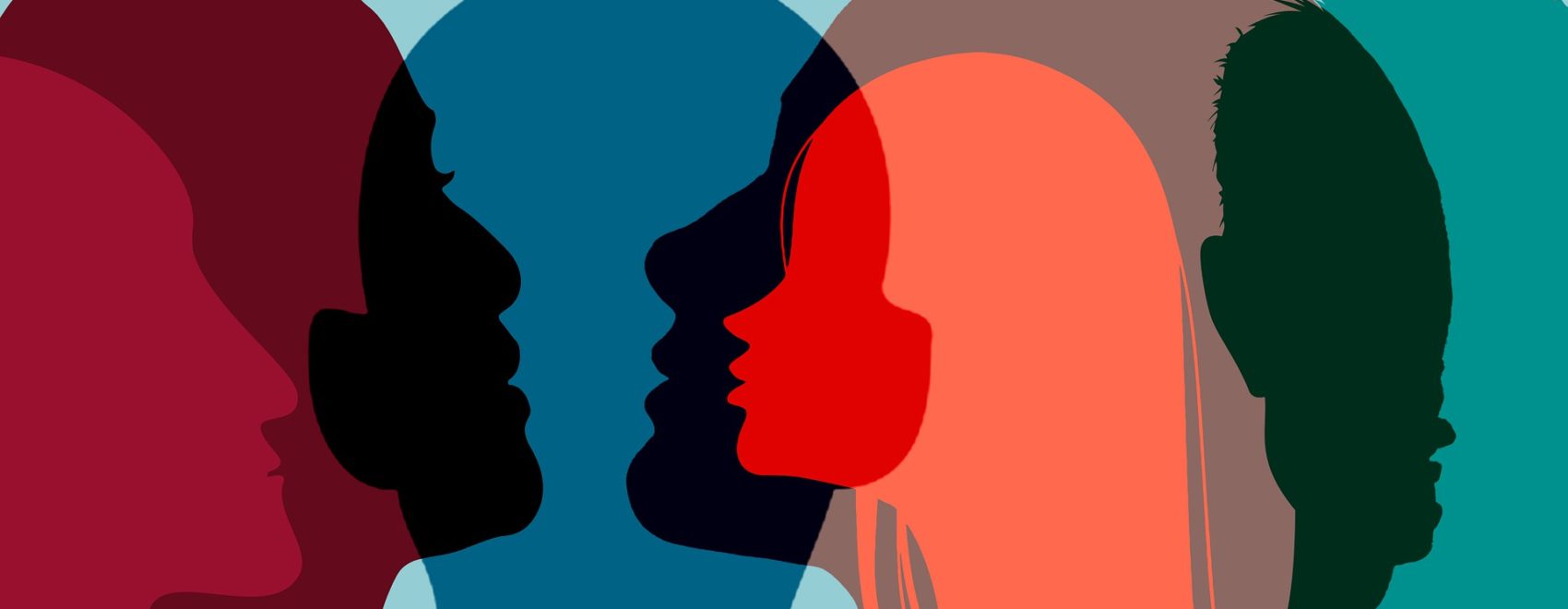Social Identity
Latinx and the Possibilities of Place
Dr. Manuel Callahan discusses the tension, critiques, and differing opinions around the use of the term Latinx to describe identities that may otherwise be labelled Latin American, Latino, or Latina.
In Search of Education’s Hidden Protagonists
Dr. Janise Hurtig lays out her vision for a new collection of the rich stories, vignettes, and accounts drawn from the experiences of those individuals (and groups) who are the protagonists of the educational practices of today and the future.
Topic Areas
- Disability Studies
- Announcements
- Fashion and Personal Style Studies
- Forced Migration
- Carceral Studies
- Asian Studies
- Cultural Anthropology
- Emergent Entrepreneurship
- Queer and LGBT+ Studies
- Latinx Studies
- Education Studies
- Black Studies
- Author Posts
- Perspectives
- Interviews
- Publishing Process
- Publishing Mission
- Seminars
- Press Releases
- Meet the Team
Recent Posts
Lived Places Publishing Announces the Launch of Intersections: Identity and Place
Faculty are increasingly asking campus libraries to provide materials from a broader, more diverse range of authors and subject areas. LPP exists to support librarians and faculty in this goal with a new Collection of 105 ebooks designed as course readings called Intersections: Identity & Place.
Lived Places Publishing at the 2024 Charleston Conference
David Parker will be presenting at The Charleston Library Conference in Charleston, SC on a panel of three publishers (non-profit and commercial) about how to use data & analytics to advance more equitable and inclusive publishing models.
Healthy Creative Outlets for Anger, Anxiety, and Frustration
by Anne Cecil
The power of creative expression is a tool for young people to process and reflect on their realities. Whether through art, writing, or music, fostering these outlets can empower them to confront complex issues and find their voice amid the noise.
How to Inspire and Sustain Creative Resistance
by Cindy Horst
How do we remain hopeful to maintain ‘the energy to act’ when confronted with a daily onslaught of visual evidence of the worst in mankind? This requires a shift from an individual to a relational ethics that strengthens our response-ability.
Why Female Entrepreneurs Get Significantly Less Startup Funding than Men
While women own more than 40% of all businesses in the US, female founders receive significantly less in funding. There are steps we can take to close this funding gap for women in business.
The Forgotten in Care Homes: Older People with Dual Sensory Impairment
Older people who live with combined hearing and vision loss (also called dual sensory impairment) are not being recognised, diagnosed and supported due to low levels of awareness among community and staff. A donate-a-book program to a care home is one innovative way to get information into care facilities.






